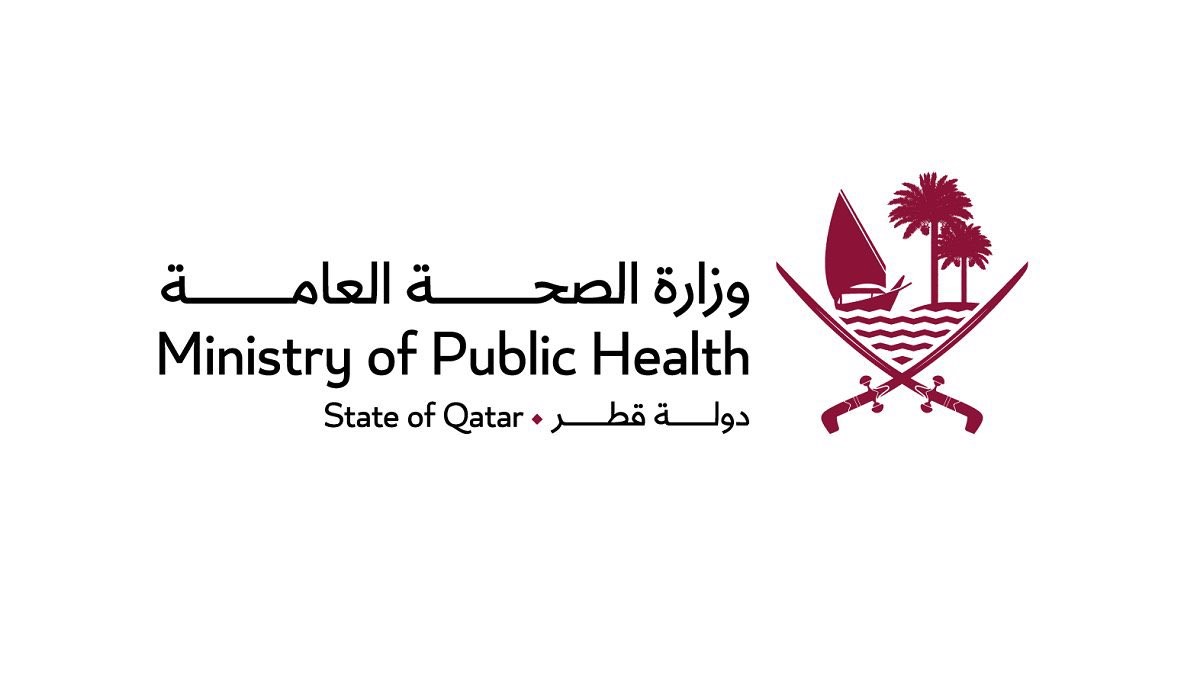The Ministry of Public Health in Doha, Qatar is hosting a workshop on the future of public health focusing on integrated strategies for preventing and managing non-communicable diseases (NCDs). This workshop, organized in collaboration with an international company, aims to address critical issues related to NCDs through innovative public health strategies. Bringing together experts and key partners from various health sector entities, including policymakers, healthcare providers, academics, and community leaders, the workshop seeks to develop practical approaches to combat the growing burden of NCDs in Qatar and the region.
The workshop will feature presentations on the future of public health policies in Qatar and the importance of collaborative strategies in tackling NCDs. Discussion panels and presentations will also focus on the establishment of a comprehensive public health system, the role of digital health, and the importance of community participation in NCD prevention efforts. A specialized interactive session will provide a practical platform to implement the strategies discussed during the workshop, with a specific focus on an integrated and community-based approach to combating NCDs.
With the growing prevalence of non-communicable diseases in Qatar and the region, it is crucial to develop effective strategies that address the root causes and risk factors associated with these diseases. By bringing together experts and key stakeholders from various sectors, the workshop aims to foster dialogue and collaboration to develop innovative approaches to preventing and managing NCDs. Through engaging presentations and discussion panels, participants will have the opportunity to exchange ideas, share best practices, and develop practical solutions to the challenges posed by NCDs.
One of the key highlights of the workshop will be the discussion on the role of digital health in combating NCDs. Digital health technologies have the potential to revolutionize healthcare delivery by providing real-time data, personalized interventions, and remote monitoring capabilities. By leveraging digital health tools, public health officials can improve disease surveillance, enhance prevention efforts, and empower individuals to take control of their health. The workshop will explore how digital health can be integrated into public health strategies to enhance NCD prevention and management efforts in Qatar.
In addition to addressing the importance of collaboration and innovation in combating NCDs, the workshop will also emphasize the role of community participation in public health initiatives. Engaging communities in health promotion activities, raising awareness about the risks of NCDs, and empowering individuals to make healthier lifestyle choices are essential components of a comprehensive public health strategy. By involving communities in the design and implementation of NCD prevention programs, public health officials can create sustainable, culturally appropriate interventions that address the unique needs and challenges of the population.
Overall, the workshop on the future of public health in Qatar represents a significant opportunity to strengthen the country’s public health infrastructure, enhance disease prevention efforts, and reduce the burden of non-communicable diseases on the population. By bringing together experts, policymakers, healthcare providers, and community leaders, the workshop aims to foster collaboration, exchange knowledge, and develop strategic partnerships that will drive sustainable improvements in public health outcomes. Through innovative strategies, integrated approaches, and community engagement, Qatar is poised to become a leader in combating NCDs and promoting the health and well-being of its population now and in the future.










